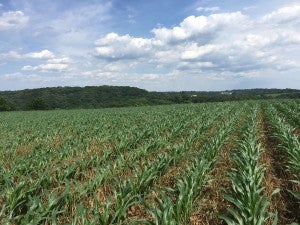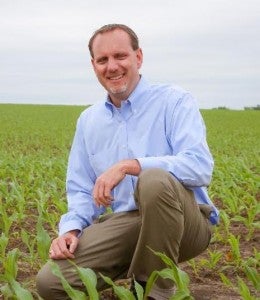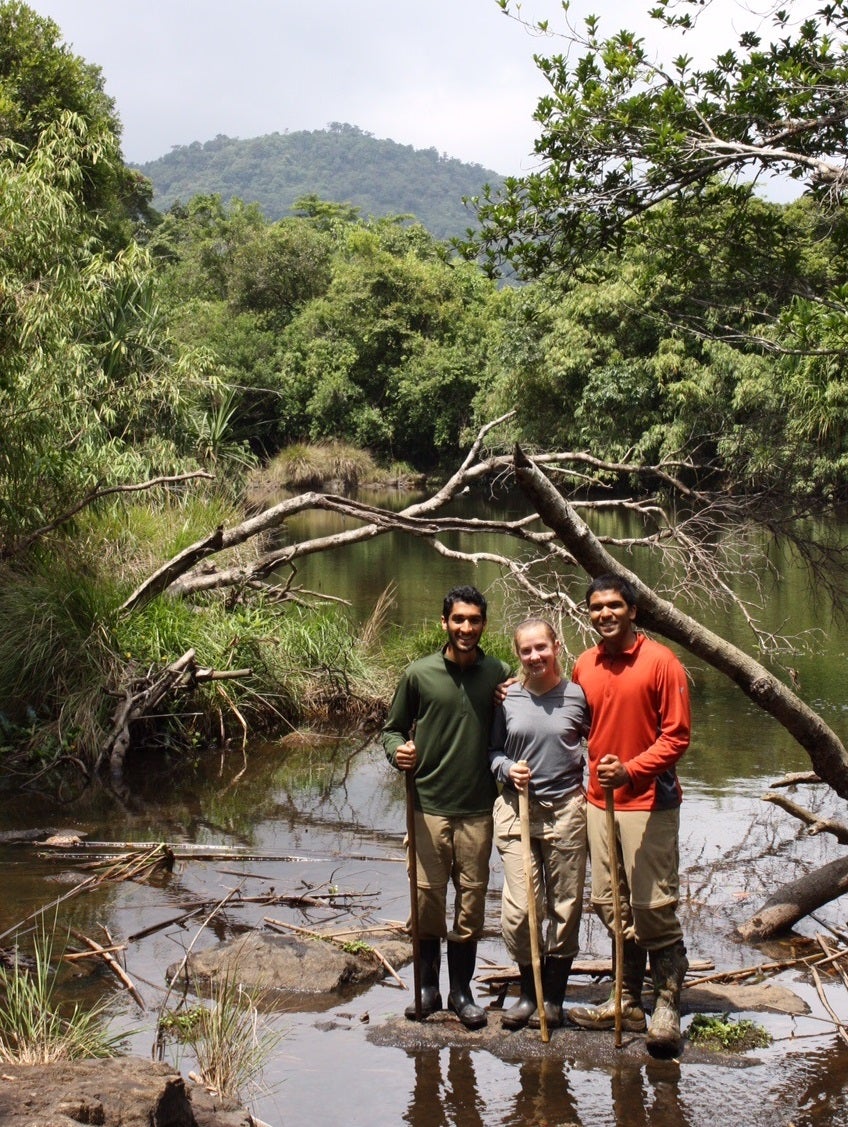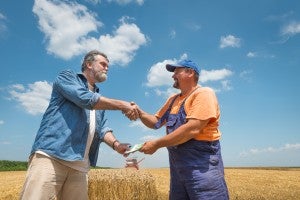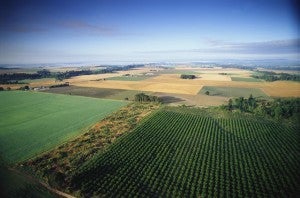The reauthorization of the farm bill, which offers critical funding to support farmers and food businesses, is currently being debated in Congress. This is a crucial moment to support farmers and businesses—and major food companies need to make sure they take advantage of it.
What is at stake? Billions of dollars in funding intended to help American farmers adopt innovative practices and protect their businesses from climate-related disasters. If done right, food companies will see increased farmer engagement in climate-smart agriculture, supporting farmers in remaining competitive and in participating in new markets as consumer trends shift to more sustainably produced products.
Food companies can use their voice in Washington to safeguard this essential funding for mitigating agricultural emissions and protecting food supply chains. Contact us to learn more. Read More











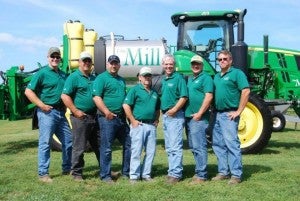 Land O’Lakes SUSTAIN® platform – a powerful tool that can make a real impact in improving regional water quality — is coming to the Chesapeake Bay.
Land O’Lakes SUSTAIN® platform – a powerful tool that can make a real impact in improving regional water quality — is coming to the Chesapeake Bay.